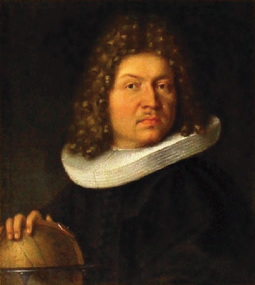5 Some Important Discrete Distributions

He was one of the many outstanding mathematicians in the Bernoulli family; in fact, he initiated the “Bernoulli dynasty” in mathematics. He was born in 1654 which, incidentally, is also the year that many people perceive as the birth year of probability theory. For instance, Tom Apostol (1969) writes “A gambler's dispute in 1654 led to the creation of a mathematical theory of probability by two famous French mathematicians, Blaise Pascal and Pierre de Fermat.”
Along with his brother Johann, he was among the first to understand and put forward the work of G. Leibniz on calculus. Although he made profound and extensive advances in calculus, his most important contribution was in probability theory. In his work Ars Conjectandi (The Art of Conjecturing) published in 1713, after his death, he derived the first version of one of the most important theorems in probability theory, the law of large numbers. This book is among the first publications that put probability on a sound mathematical basis. He is also the first who distinguished between objective and subjective probability (the latter representing the degree of belief about a statement, supported by evidence which may not be of a statistical nature).
In his book “The History of Statistics: The Measurement of Uncertainty Before 1900,” Stephen ...
Get Introduction to Probability. now with the O’Reilly learning platform.
O’Reilly members experience books, live events, courses curated by job role, and more from O’Reilly and nearly 200 top publishers.

